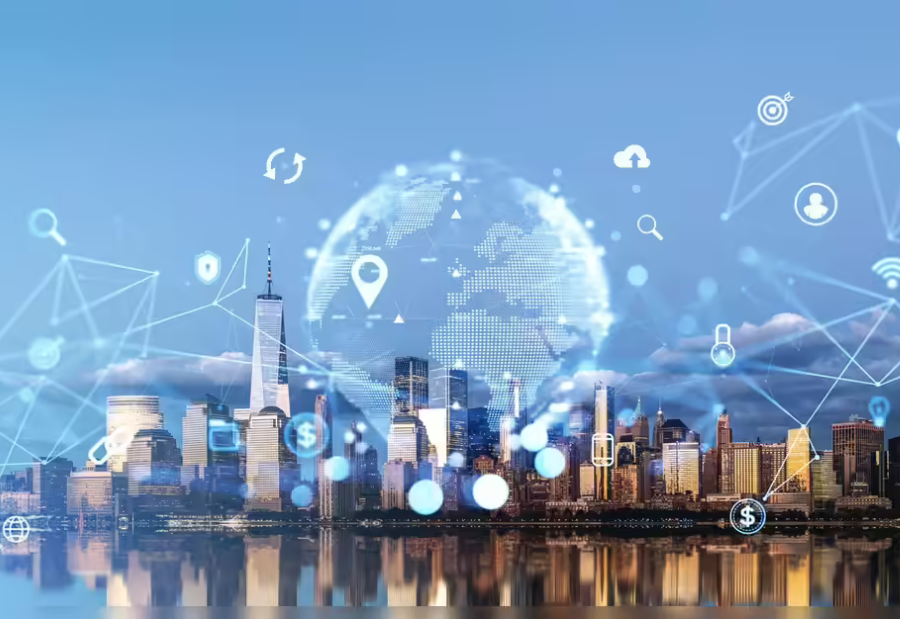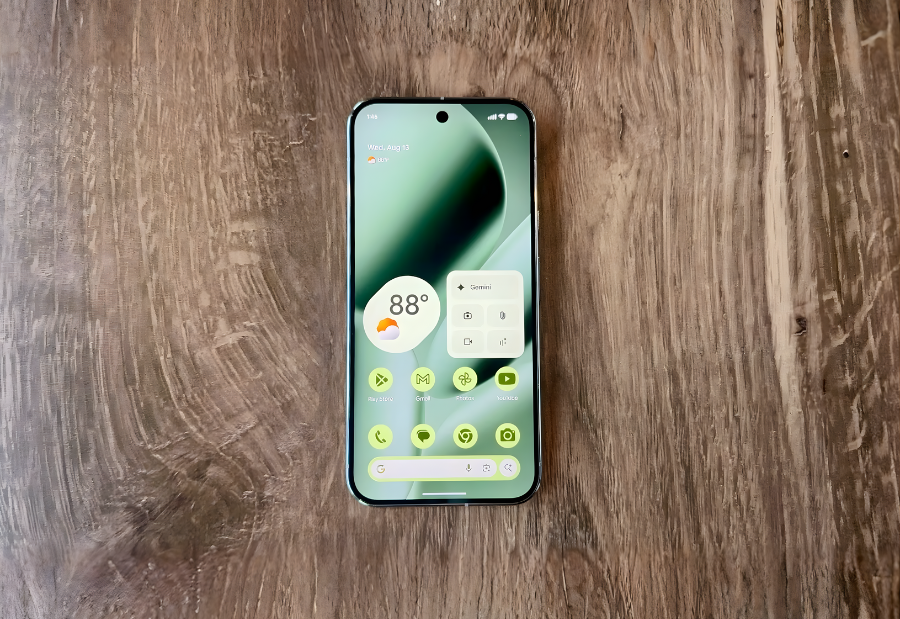India’s Global Capability Centres (GCCs), once considered the silent backbone of multinational operations, are now stepping into the spotlight as they drive innovation through digital twin technology. A digital twin, often described as a virtual replica of a physical system, can learn, adapt, and predict. Across cities like Bengaluru and Gurugram, engineers in India’s GCCs are creating these advanced simulations, transforming complex data into intelligent digital ecosystems for some of the world’s largest enterprises.
In simple terms, digital twins act as virtual counterparts of factories, engines, hospitals, or supply chains. Unlike real-world systems, they do not wear out or fail. “Most of these efforts are driven by parent companies’ sustainability goals such as carbon neutrality and net-zero targets,” said Ashutosh Sharma, Vice-President and Research Director at a global research firm. He added that several Indian IT majors, including Infosys, Wipro, and TCS, have implemented smart-building and digital twin technologies with partners like Schneider Electric and Siemens, achieving both sustainability and cost efficiency.
Siemens has spent the past decade digitising its operations, with its India technology arm developing digital twin and AI-driven solutions for industrial and sustainability applications. “Today, when you talk about any digitalisation project in Siemens, we’re part of it — and in some cases, we take complete ownership, right from conceptualisation to deployment,” said Pankaj Vyas, CEO and Managing Director at Siemens Technology and Services Pvt. Ltd. The company’s partnership with NVIDIA is advancing the industrial metaverse, combining Siemens’ engineering expertise with NVIDIA’s Omniverse platform to build photorealistic, real-time digital twins.
French multinational Dassault Systèmes is also leveraging India’s engineering talent to accelerate global innovation. Through its 3DEXPERIENCE platform, it delivers 3D modelling, simulation, and information intelligence tools. “A virtual twin encapsulates the know-how, knowledge, and value of a product — not just its digital representation,” explained Manish Tambe, CEO and Director on the Board, Dassault Systèmes Global Services. Enhanced by AI, AR, and VR, these technologies are reshaping industrial design.
According to a global consulting firm, technology service providers could capture $300 billion from a physical AI market expected to reach $1 trillion by 2030. Companies are now introducing platform-based offerings like Digital Twin-as-a-Service and Robotics-as-a-Service. IBM and its spin-off Merative are also applying digital twin frameworks in healthcare, while Maersk’s India GCC uses AI simulations and predictive models to enhance global logistics.
“You can no longer separate the tech setup at home and in-office. The digital twin experience must be seamless, secure, and intuitive,” said Amit Tandon, Head of Operations and Business Analytics at A.P. Moller-Maersk.
Also read: Viksit Workforce for a Viksit Bharat
Do Follow: The Mainstream formerly known as CIO News LinkedIn Account | The Mainstream formerly known as CIO News Facebook | The Mainstream formerly known as CIO News Youtube | The Mainstream formerly known as CIO News Twitter
About us:
The Mainstream formerly known as CIO News is a premier platform dedicated to delivering latest news, updates, and insights from the tech industry. With its strong foundation of intellectual property and thought leadership, the platform is well-positioned to stay ahead of the curve and lead conversations about how technology shapes our world. From its early days as CIO News to its rebranding as The Mainstream on November 28, 2024, it has been expanding its global reach, targeting key markets in the Middle East & Africa, ASEAN, the USA, and the UK. The Mainstream is a vision to put technology at the center of every conversation, inspiring professionals and organizations to embrace the future of tech.




